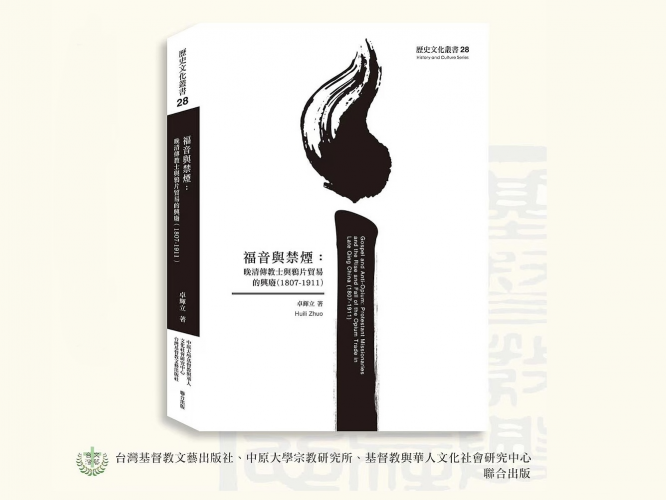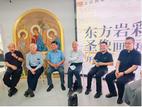The first edition of the book Gospel and Anti-opium: Protestant Missionaries and the Rise and Fall of the Opium Trade in Late Qing China (1807-1911) was published, exploring the role missionaries played in opium trade and analyzing the reasons behind and significance of the transition.
The book was co-published by the Chinese Christian Literature Council (TW), the Graduate School of Religion at Chung Yuan Christian University, and its Research Center for Chinese Christianity.
According to the online bookstore affiliated with the China Sunday School Association, this new book draws on a range of foreign literature to examine in depth the changing perspectives and attitudes of missionaries toward the opium trade.
The relationship between missionaries and the opium trade remains a controversial topic. Some existing studies portray both missionaries and opium dealers as imperialists, overlooking the historical fact that missionaries were participants in the anti-opium movement. Conversely, other studies depict missionaries as "anti-opium fighters," neglecting to address their close ties to the opium trade in its early stages. These two opposing perspectives simplify the relationship, to a certain extent ignoring missionaries’ evolving concepts and attitudes toward opium during the late Qing Dynasty.
The author of this book, Huili Zhuo, was born in Wenzhou, Zhejiang, in 1991. He studied at the College of Sociology and History at Fujian Normal University from 2016 to 2019, where he majored in religion and earned a master's degree in philosophy. From 2020 to 2024, he extended his studies at East China Normal University, focusing on Chinese history in the Department of History, and obtained a PhD in History. Currently, he serves as a teacher at the College of Humanities at Baoshan University in Yunnan Province, with research directions including the history of Christianity in China, the history of cultural exchanges between China and the West, and the history of Sino-foreign relations.












